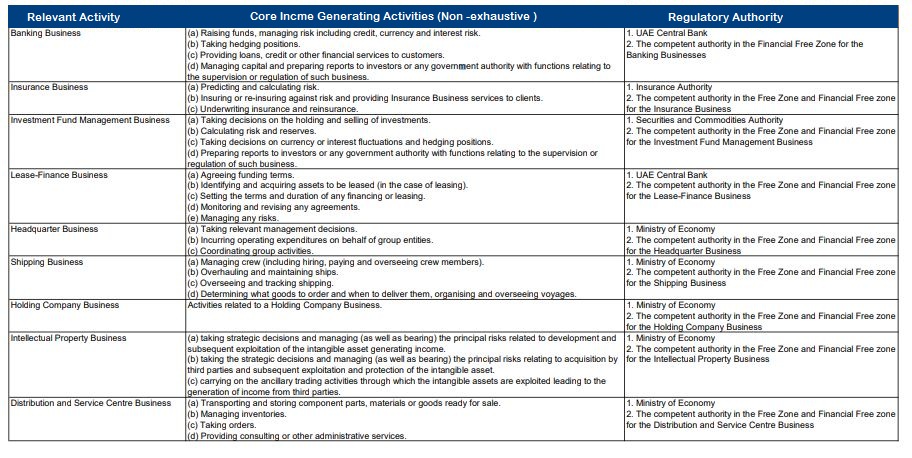- Home
- About Us
- Services
- Free zone Services in the UAE
- Audit in Free Zones
- Approved Auditors in Dubai
- DMCC & JLT Approved Auditors
- Approved Auditors in DIFC
- Dubai South Free Zone (DWC) Approved Auditors
- JAFZA Approved Auditors
- Approved Auditors in Meydan
- Approved Auditors in Masdar City
- Approved Auditors in DAFZA
- Audit Firms in Dubai Design District (D3)
- Dubai Internet City (DIC) Approved Auditors
- Dubai Studio City Approved Auditors
- Approved Auditors in Dubai Silicon Oasis
- Dubai Development Authority (DDA) Approved Auditors
- Approved Auditors in Dubai Academic City
- Approved Auditors in Dubai Biotech Research Park (DuBiotech)
- Approved Auditors in Gold and Diamond Park
- Approved Auditors in DWTC ( Dubai World Trade Centre)
- Approved Auditors in Car and Automotive City Dubai (DUCAMZ)
- DPC(Dubai Production City )/IMPZ (International Media Production Zone Approved Auditors in
- Dubai Industrial City (DIC) Approved Auditors
- Dubai Logistics City Approved Auditors
- Dubai Media City Approved Auditors
- Dubai Flower Centre Approved Auditors
- Dubai Science Park Approved Auditors
- Dubai Techno Park Approved Auditors
- Economic Zones World Approved Auditors
- Dubai Technology and Media Freezone
- Approved Auditors in Dubai Knowledge Village
- Approved Auditors in Dubai Healthcare City
- Dubai Outsource City (DOC) Approved Auditors
- Real Estate Audit (RERA Audit) in the UAE
- Audit Firms in Dubai
- Audit firms in UAE
- Approved Auditors in Sharjah
- Approved Auditors in Fujairah (FFZA)
- Auditing
- Accounting
- Consultancy Services
- Business Setup
- Blog
- Contact Us
Menu



